What Is Best Metal Detector ?
The best metal detector depends on the specific needs and preferences of the user. Some popular options include the Garrett AT Pro, Minelab Equinox 800, and Fisher F75.
1、 Sensitivity and Depth
The best metal detector in terms of sensitivity and depth is a topic of much debate among metal detecting enthusiasts. There are several factors to consider when determining the effectiveness of a metal detector in these areas.
Sensitivity refers to the ability of a metal detector to detect small or low-conductivity targets. A highly sensitive metal detector will be able to pick up even the smallest pieces of metal, such as tiny gold nuggets or small jewelry items. Depth, on the other hand, refers to how deep a metal detector can detect targets. A metal detector with good depth capabilities will be able to detect targets that are buried deeper in the ground.
In terms of sensitivity, some of the top metal detectors on the market include the Minelab Equinox 800, Garrett AT Pro, and Fisher F75. These detectors are known for their ability to detect small targets and have adjustable sensitivity settings to fine-tune the detection capabilities.
When it comes to depth, the Minelab GPZ 7000 is often regarded as one of the best metal detectors. It utilizes advanced technology, such as ZVT (Zero Voltage Transmission), which allows for increased depth penetration. Other metal detectors known for their depth capabilities include the Garrett ATX and Nokta Makro Invenio.
It's important to note that the latest point of view on the best metal detector for sensitivity and depth can change as new technologies and models are released. Manufacturers are constantly improving their products to provide better performance in these areas. Therefore, it's always a good idea to stay updated on the latest reviews and comparisons to make an informed decision when purchasing a metal detector.
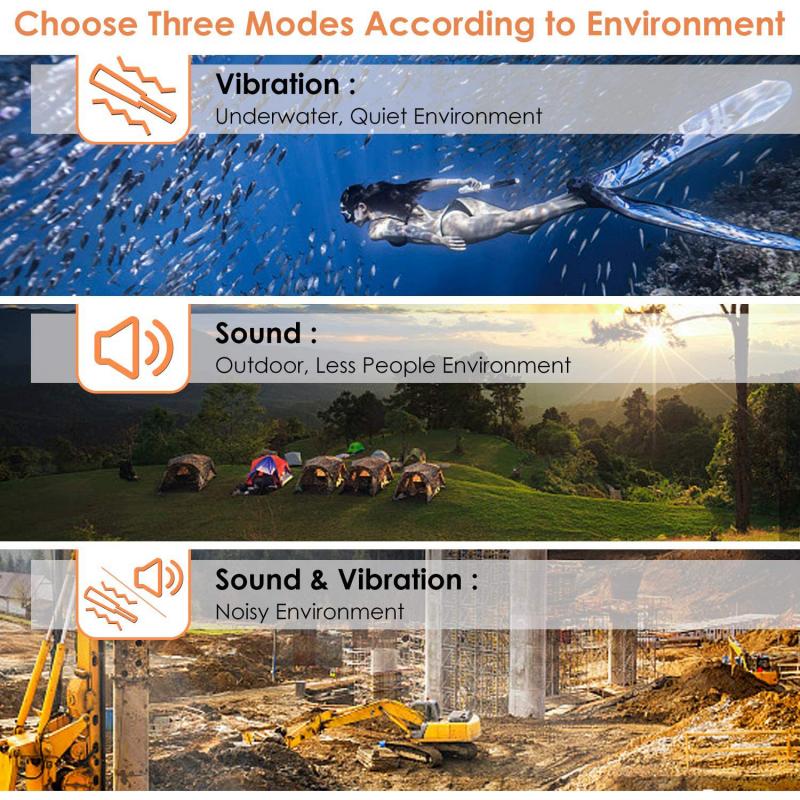
2、 Discrimination and Target Identification
The best metal detector for discrimination and target identification is a subjective matter as it depends on various factors such as the user's experience level, budget, and specific needs. However, there are a few top-rated metal detectors that excel in this area.
One highly recommended metal detector is the Garrett AT Pro. It offers excellent discrimination capabilities, allowing users to distinguish between different types of metals. The AT Pro also provides target identification through its digital target ID system, which displays a numerical value on the screen indicating the type of metal detected. This feature helps users determine whether the target is worth digging or not.
Another popular choice is the Minelab Equinox 800. It is known for its advanced discrimination technology, which enables users to filter out unwanted targets and focus on valuable finds. The Equinox 800 also offers accurate target identification through its multi-frequency technology, providing users with a clear understanding of the detected object's composition.
The latest point of view in metal detecting technology is the integration of artificial intelligence (AI) and machine learning algorithms. Some metal detectors, like the Nokta Makro Simplex+, utilize AI to automatically adjust settings based on the ground conditions and target characteristics. This enhances discrimination and target identification capabilities, making the detection process more efficient and accurate.
Ultimately, the best metal detector for discrimination and target identification depends on the user's preferences and requirements. It is advisable to research and read reviews to find a metal detector that suits your specific needs and budget. Additionally, considering the latest advancements in technology, metal detectors with AI integration may offer even better discrimination and target identification capabilities.
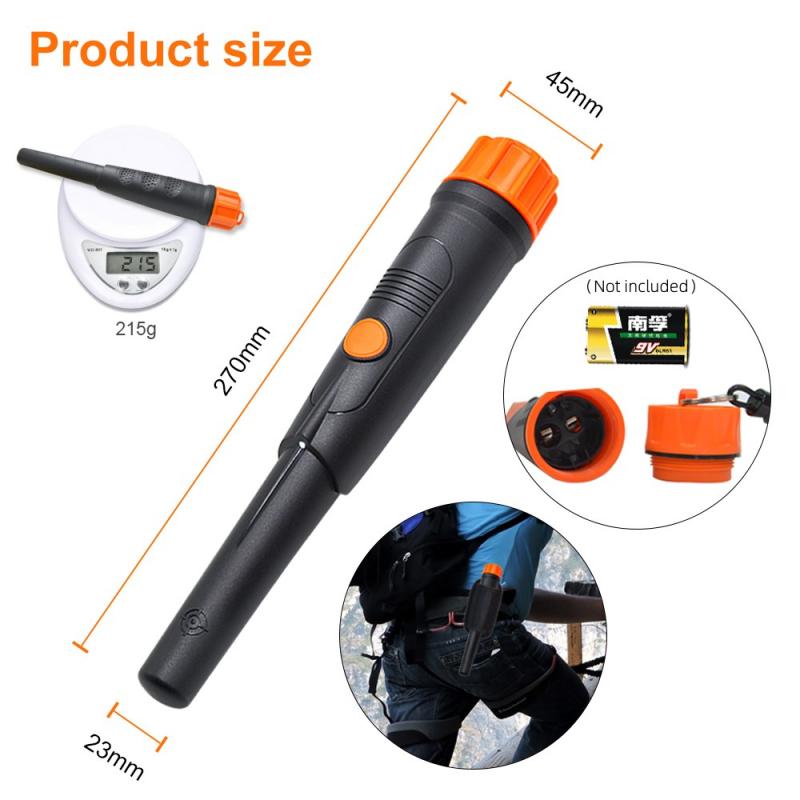
3、 Ground Balance and Mineralization
The best metal detector is one that has a good ground balance and can handle different levels of mineralization. Ground balance refers to the ability of a metal detector to adjust and compensate for the mineral content in the soil. This is important because minerals can interfere with the detector's ability to accurately detect metal objects.
A metal detector with a good ground balance will be able to filter out the mineralization and focus on detecting metal targets. It will provide more accurate and reliable results, reducing false signals and improving target identification.
The latest point of view on ground balance and mineralization is that it is crucial for metal detectors to have advanced features and technologies to handle different soil conditions. Some detectors now come with automatic ground balance, which adjusts the settings based on the mineralization levels in real-time. This feature allows for a more efficient and effective metal detecting experience.
Additionally, some detectors offer manual ground balance options, allowing users to fine-tune the settings according to their specific needs. This level of customization can be beneficial in highly mineralized areas where automatic ground balance may not be sufficient.
In conclusion, the best metal detector is one that has a good ground balance and can handle different levels of mineralization. The latest advancements in technology have made it possible for detectors to automatically adjust to varying soil conditions, providing more accurate and reliable results. However, manual ground balance options are still valuable in certain situations. Ultimately, the best metal detector will depend on the specific needs and preferences of the user.
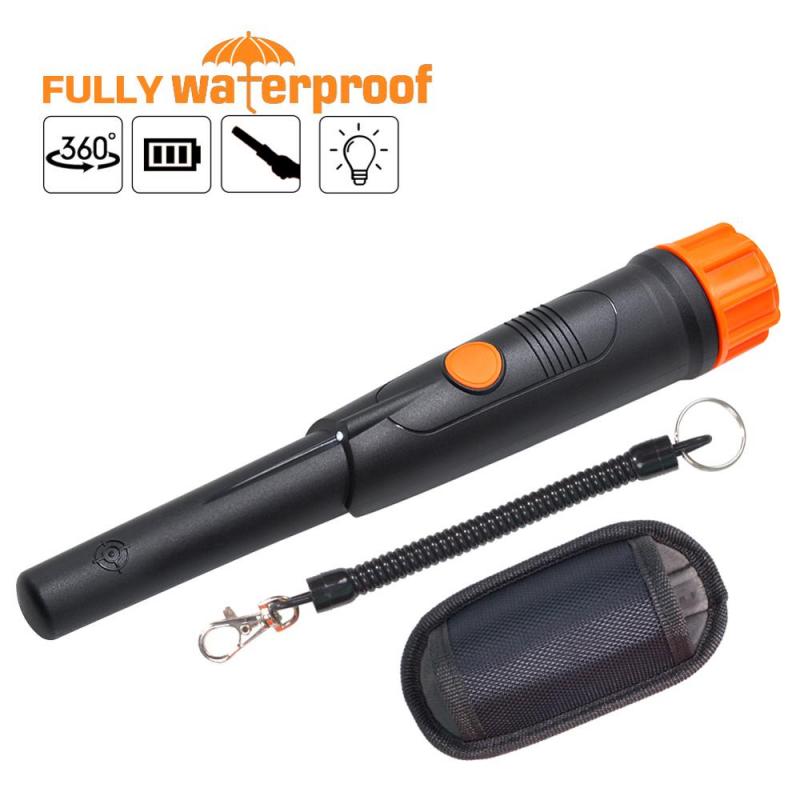
4、 Coil Size and Configuration
When it comes to determining the best metal detector, one crucial factor to consider is the coil size and configuration. The coil is the part of the metal detector that emits and receives signals to detect metal objects buried in the ground. The size and configuration of the coil can greatly impact the detector's performance and its ability to detect different types of metals.
Coil size plays a significant role in metal detection. Generally, larger coils provide greater depth penetration and coverage, making them ideal for searching in open areas or fields. On the other hand, smaller coils are more sensitive to smaller targets and are better suited for areas with high trash or mineralization, such as parks or beaches. Therefore, the best coil size depends on the specific environment and the type of targets you are searching for.
Coil configuration refers to the shape and design of the coil. There are various configurations available, including concentric, double-D (DD), and mono. Concentric coils are known for their accurate target identification and discrimination capabilities, making them suitable for coin shooting and relic hunting. DD coils excel in mineralized soil and provide better ground coverage, making them ideal for gold prospecting and searching in highly mineralized areas. Mono coils are highly sensitive and can detect targets at greater depths, making them popular among treasure hunters and prospectors.
It is important to note that the best coil size and configuration may vary depending on the specific metal detector model and the user's preferences. Manufacturers often provide different coil options for their detectors, allowing users to choose the one that best suits their needs. Additionally, advancements in technology have led to the development of specialized coils, such as multi-frequency and waterproof coils, which further enhance the performance and versatility of metal detectors.
In conclusion, when determining the best metal detector, considering the coil size and configuration is crucial. The choice depends on the specific environment, target type, and personal preferences. It is recommended to research and consult with experts or experienced users to find the most suitable coil for your metal detecting needs.
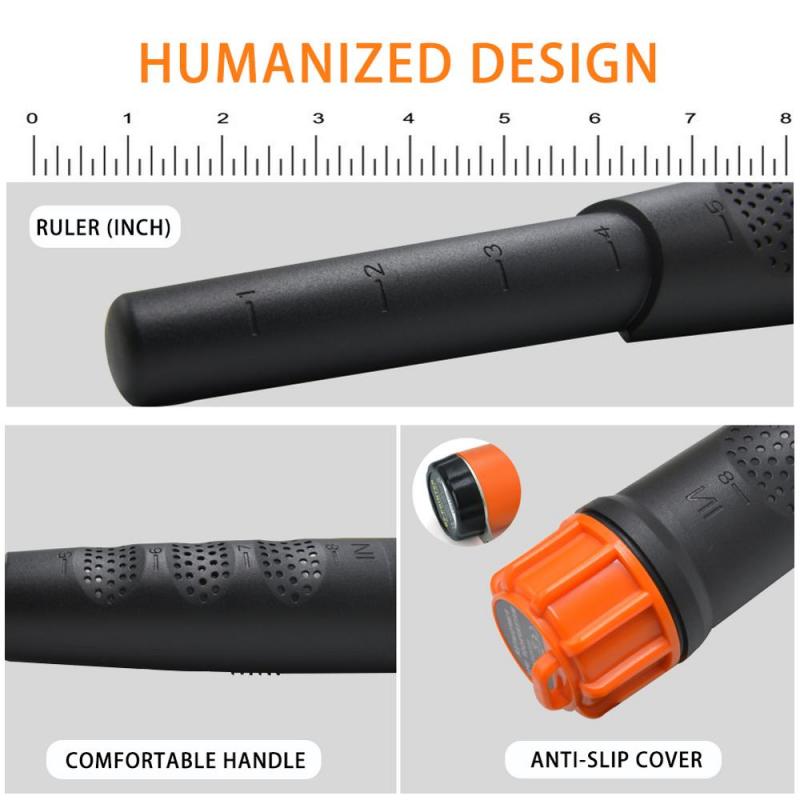




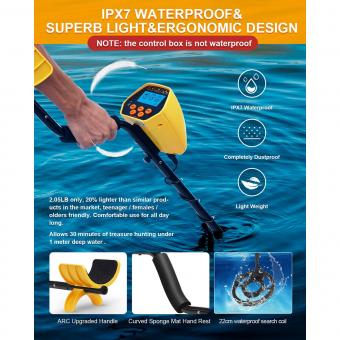

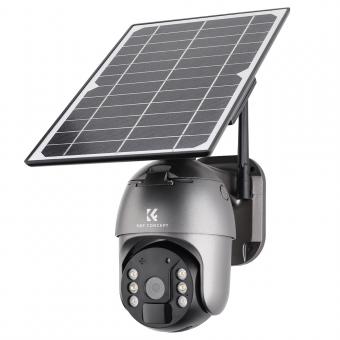
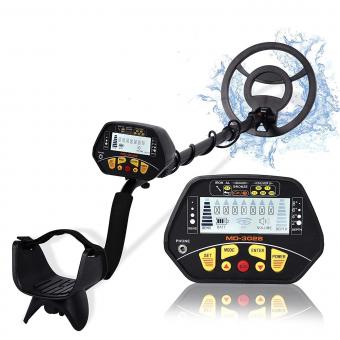
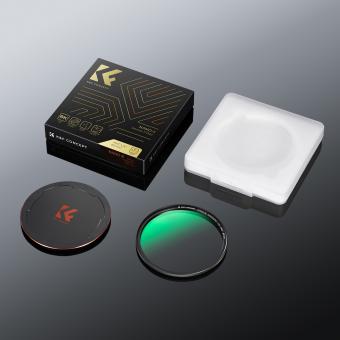


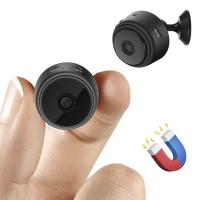
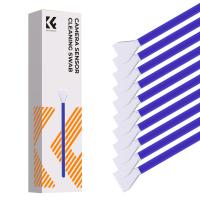
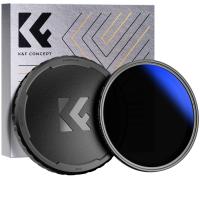
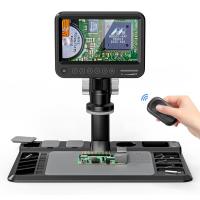
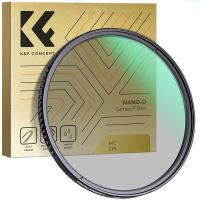
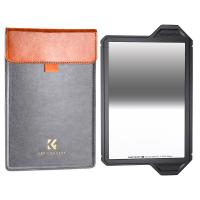
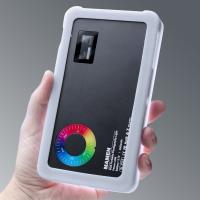
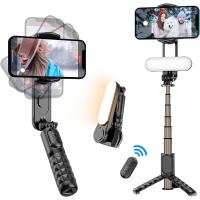
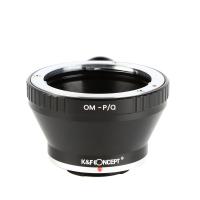
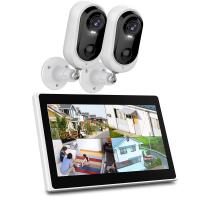

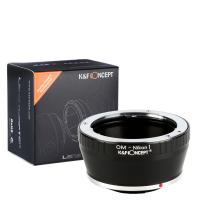
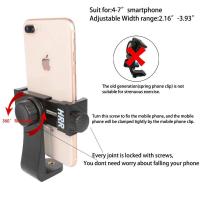
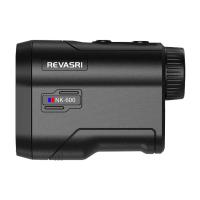
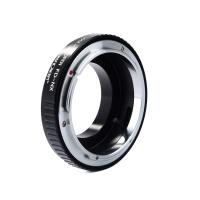
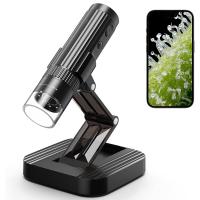
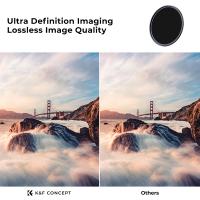

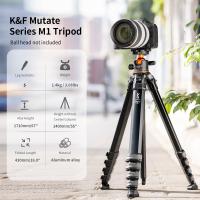
There are no comments for this blog.